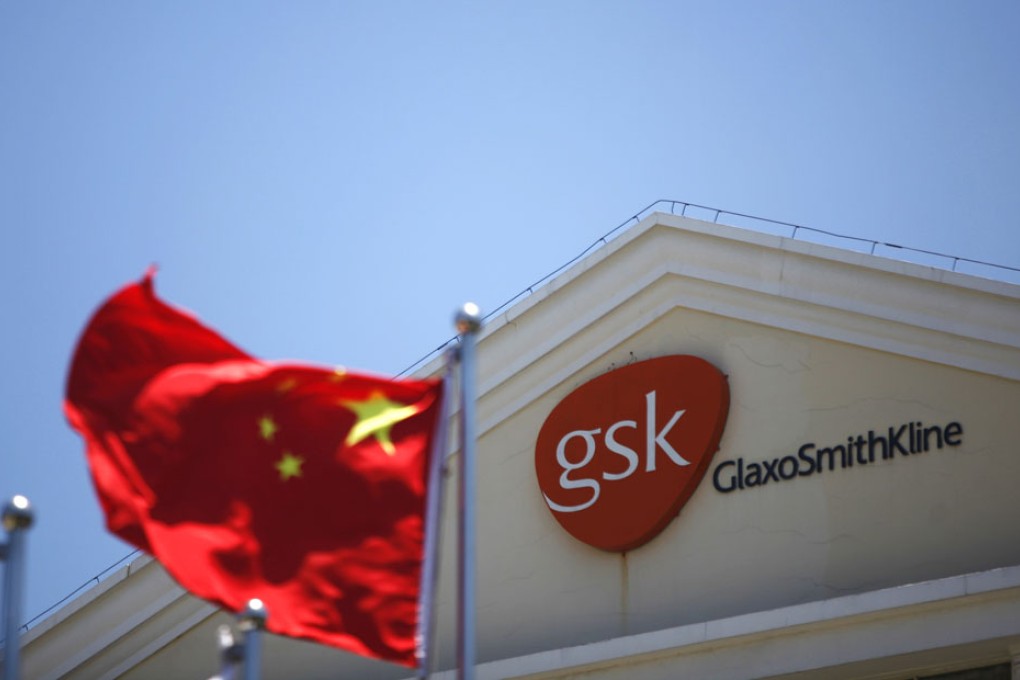Foreign pharma executives mull China exit after GSK graft probe
Charges filed against the British company's chief spread fear among foreign managers

The mainland's crackdown on corruption in the pharmaceutical sector has frightened foreign executives so much that some fear they could be jailed and have asked their lawyers if they should leave the country for six months. Others are thinking of going for good.
While the crackdown has been building for a year, police shocked the foreign business community a month ago when they filed corruption charges against Mark Reilly, the former China head of British drugmaker GlaxoSmithKline.
The Briton, who has been barred from leaving China, could face decades in prison.
The charges against Reilly had prompted some senior executives to look at all contingencies.
"Many of our clients are asking about personal liabilities and insurance, with executives asking if they are put in jail, what will happen to their families and how the company will provide protection for them," said John Huang, the Shanghai-based co-founder and managing partner of law firm MWE China.
Police said a year-long investigation found GSK made billions of yuan from schemes to bribe doctors and hospitals. Two senior Chinese executives were also charged.
Britain's biggest drugmaker has said the accusations were "deeply concerning" and that it had zero tolerance for bribery. Reilly's whereabouts are unknown.